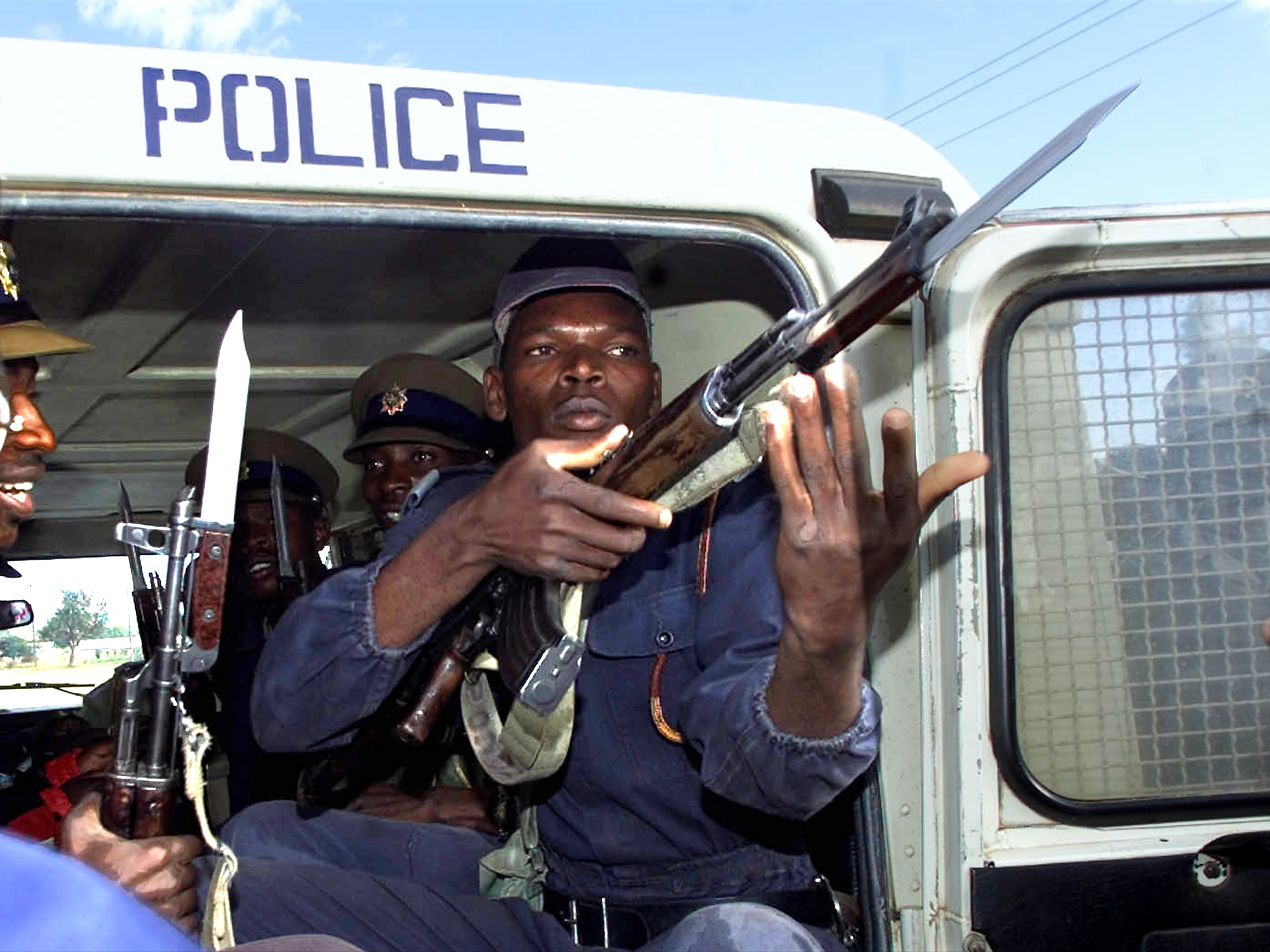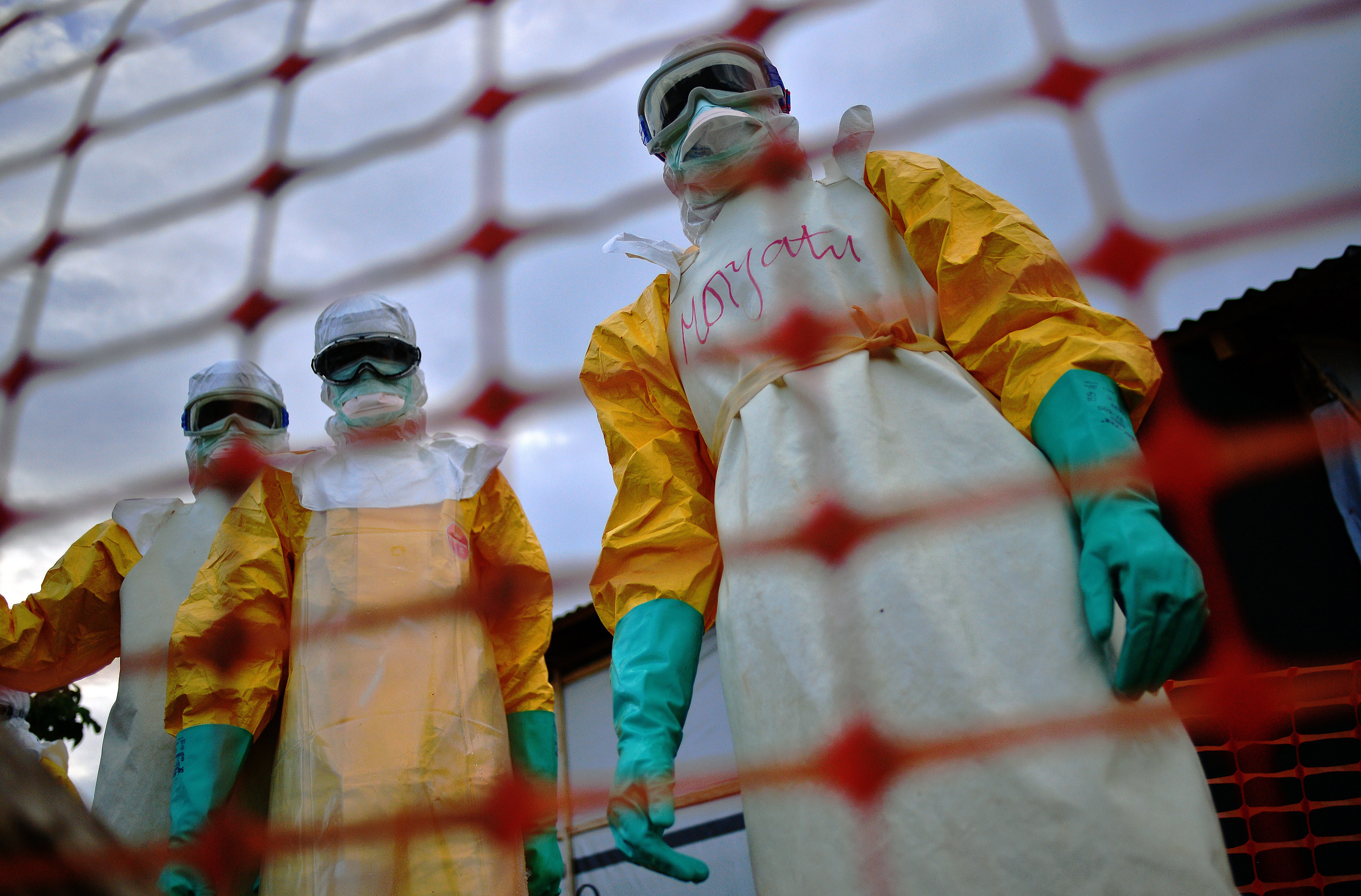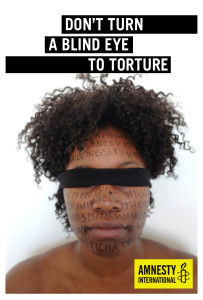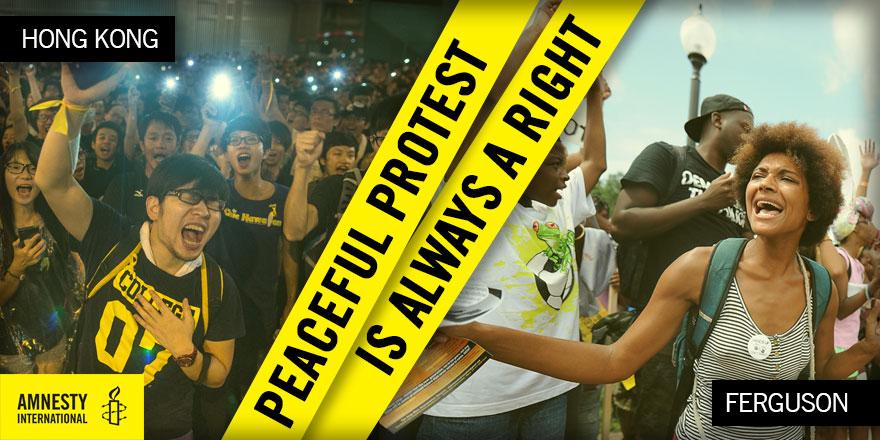
Riot police in military gear in the streets, dispersing peaceful protestors gathered to address grievances with their government. Protestors threatened with weapons. Civil rights violated. Despite similarities to recent events in the US, I’m not talking about Ferguson. This is Zimbabwe.
SEE THE REST OF THIS POST


 In the days surrounding Human Rights Day on December 10, I will be writing letters to people around the world – most of whom I have never met. As my messages begin to arrive in places like Chicago, Brasilia, Tel Aviv and Beijing, they will be joined by hundreds and thousands more.
In the days surrounding Human Rights Day on December 10, I will be writing letters to people around the world – most of whom I have never met. As my messages begin to arrive in places like Chicago, Brasilia, Tel Aviv and Beijing, they will be joined by hundreds and thousands more. 
 October 24th is United Nations Day –meant to commemorate the passage of the Charter of the United Nations. One of the principles of the UN Charter, enshrined in the preamble, is:
October 24th is United Nations Day –meant to commemorate the passage of the Charter of the United Nations. One of the principles of the UN Charter, enshrined in the preamble, is:

